How effective are abstinence and outercourse?
Abstinence and outercourse are VERY effective at preventing pregnancy — but only if you don’t slip up and have unprotected vaginal sex or get any semen in the vagina.
How effective is abstinence?
If you never get semen (cum) on the vulva or in the vagina, pregnancy can’t happen. Abstinence is 100% effective as long as you’re actually abstinent. But if you do have unprotected vaginal sex — even just one time — pregnancy can happen.
Nobody’s perfect, and sometimes people plan on being abstinent but end up having sex. That’s why it’s a good idea to keep condoms around, just in case. Being prepared and having protection doesn’t mean you’re definitely going to have sex — it means you’re responsible and taking care of your health.
How effective is outercourse?
Outercourse activities are 100% effective at preventing pregnancy: kissing, massage, masturbation, dry humping with clothes on, anal sex, and oral sex can’t cause pregnancy.
That said, pregnancy can happen, rarely, even if you don’t actually have vaginal sex. If semen (cum) accidentally gets on a vulva, sperm can swim up into the vagina and fertilize an egg.
There are a few ways this can happen:
-
Cum gets on the vulva. It can accidentally drip or be wiped onto the vulva.
-
There’s wet semen on someone’s fingers and/or sex toys, and they touch the vulva or go in the vagina.
-
Semen drips out of the anus and into the vulva after anal sex.
Bottom line: if you’re trying to avoid pregnancy, don’t get semen (cum) on the vulva or in the vagina. Pre-ejaculate (pre-cum) can also have some sperm in it, so keep pre-cum away from the vulva and vagina, too.
Do abstinence and outercourse protect against STDs?
Abstinence is 100% effective at preventing the spread of sexually transmitted infections. If you don’t have any kind of sexual contact with another person, you can’t get STDs.
Sexually transmitted infections can be spread by touching genitals and sharing sexual fluids (like semen, pre-cum, and vaginal moisture). So there are a few ways outercourse can put you at risk for sexually transmitted infections:
-
Oral sex and anal sex spread most of the same STDs as vaginal sex. Use barriers like condoms and dental dams to help protect each other.
-
Swapping sexual fluids (like if you have semen on your hand and touch your partner’s genitals) can transmit STDs. You can use barriers like condoms, dental dams, gloves, and finger cots to help avoid contact with sexual fluids.
-
Touching your bare genitals together (dry humping) without clothes on can also spread certain STDs (like herpes and HPV), even if you don’t swap fluids.
-
Wearing underwear makes dry humping safer, but it may not prevent all skin-to-skin genital contact or keep sexual fluids away. And some STDs can live on areas that underwear doesn’t always cover (like your upper thighs or butt cheeks).
If you’re going to have outercourse but you don’t want to worry about STDs, avoid all skin-to-skin genital contact, and keep sexual fluids away from each other.
If you’re doing any activity that can pass STDs, get tested regularly. You can also use barriers like condoms, dental dams, and gloves to reduce your risk if you’re having the kinds of outercourse than can pass STDs — this is called “safer sex.”
 Abstinence
Abstinence
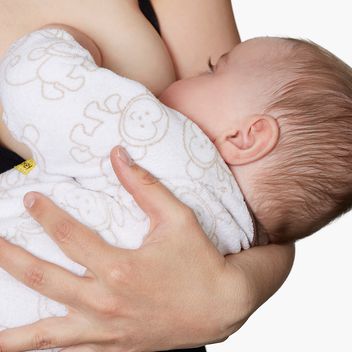 Breastfeeding
Breastfeeding
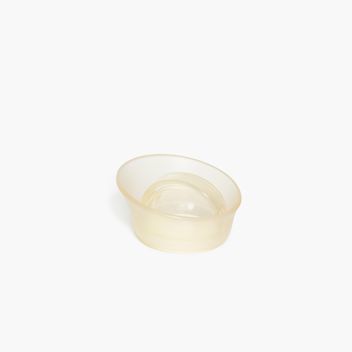 Cervical Cap
Cervical Cap
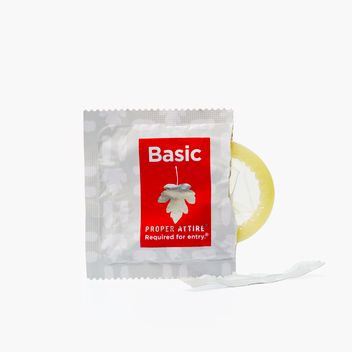 Condom
Condom
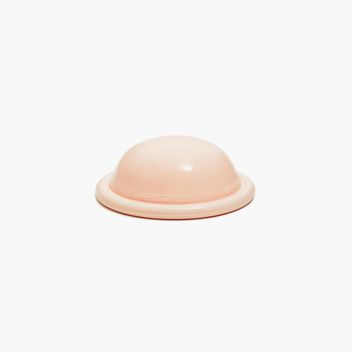 Diaphragm
Diaphragm
 FAM
FAM
 Female Condom
Female Condom
 Implant
Implant
 IUD
IUD
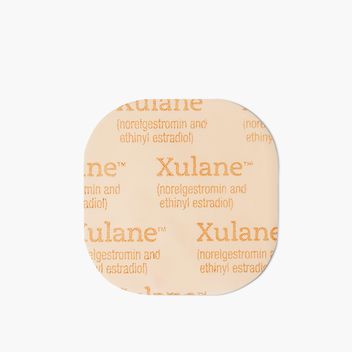 The Patch
The Patch
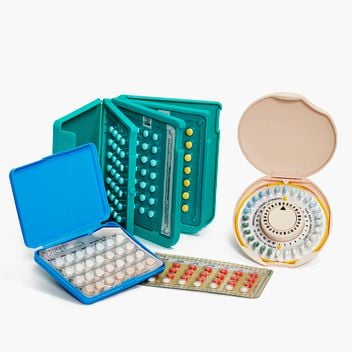 The Pill
The Pill
 The Ring
The Ring
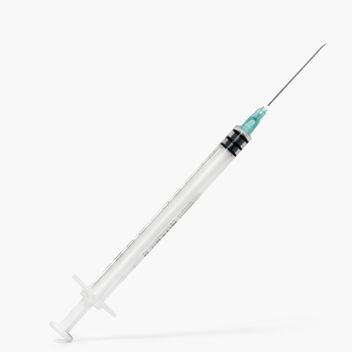 The Shot
The Shot
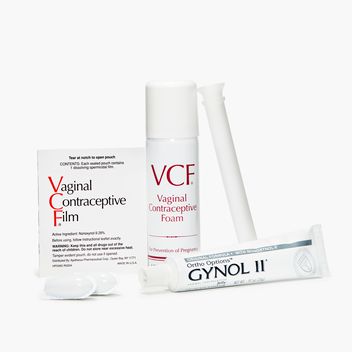 Spermicide
Spermicide
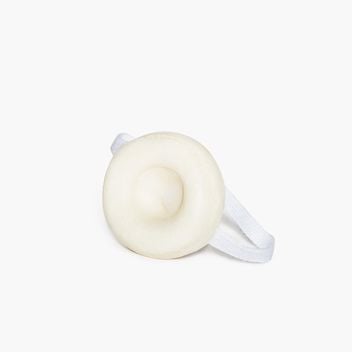 Sponge
Sponge
 Sterilization
Sterilization
 Vasectomy
Vasectomy
 Withdrawal
Withdrawal